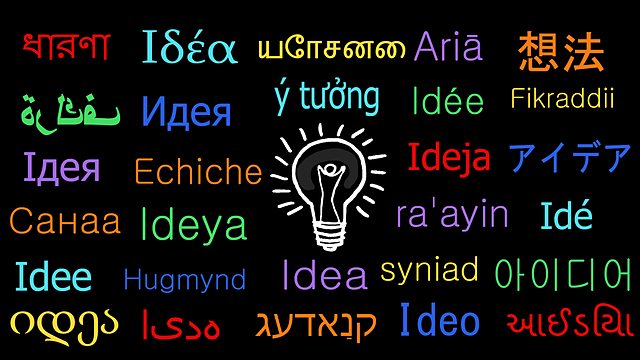On October 23rd, Leonard Orban, European Commissioner for Multilingualism made a plea. He maintains that languages are crucial bridges between cultures. To learn a new language is to explore new ways of thinking, new value-systems and to open our horizons to the richness of other cultures and ideas.
As the European Commissioner for Multilingualism put it:
We should use this diversity to Europe’s advantage. A culture of multilingualism promotes a culture of openness and tolerance. These are crucial values not only for Europe but for the entire world. Any realistic international vision for the future of our world has to be founded on acceptance and appreciation of different cultures – and languages are at the heart of any culture.
Everybody should learn languages
Multilingualism can play a key role in intercultural dialogue; in creating more cohesive and more sustainable societies. Of course it is important for migrants to learn the language of the host-country to gain access to jobs and to the life of the community. It is a means to becoming an active citizen who is engaged with society.
But everybody needs to learn more languages to bring about a more open society. Each of the many national, regional, minority and migrant languages add a facet to our common cultural background. Is this not the meaning of the European motto “Unity in Diversity”?
Languages for all
Multilingualism has a strong educational dimension. Universities and schools are essential. But language teaching must not be confined to academic institutions. Not only young people, but adults too, should be encouraged to carry on learning foreign languages, with facilities on hand to make this possible. Workers should have the opportunity to improve the language skills relevant to their working life. Language learning is for all citizens, throughout their lives.
